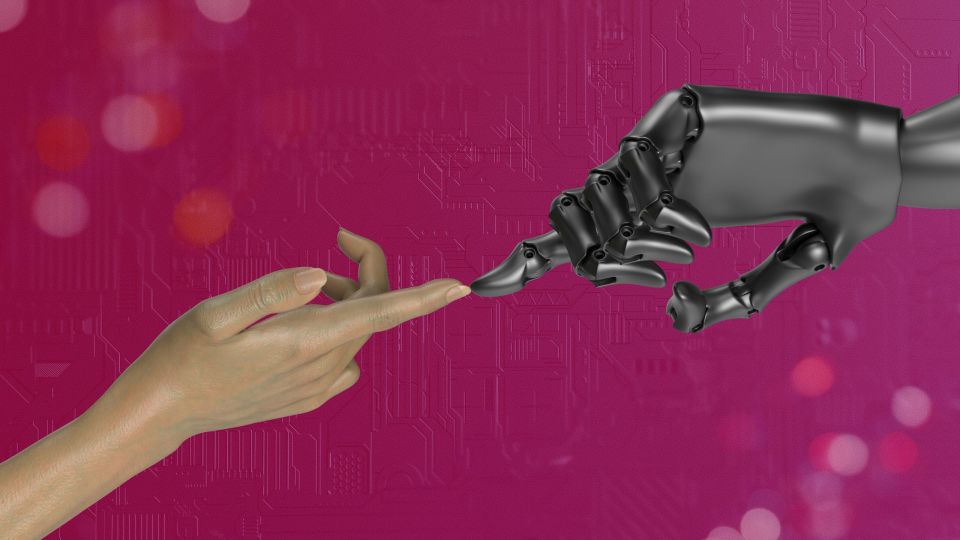June 19, 2024
MANILA – US-based AI firm CollegeVine developed an AI recruiter that will help more students find the most suitable schools.
CEO Zack Perkins said his company’s program reaches out to students and answers questions they may have regarding a specific college or university.
Artificial intelligence provides a win-win situation for students and schools. The former find colleges that will advance their life goals while the latter gain more students from underrepresented communities.
How does the AI recruiter work?
The CollegeVine website demonstrates its flagship product in a video featuring Zack Perkins. He begins by sharing a general overview of the AI recruiter.
Later, Perkins pulls out his phone to answer a call from Monza University, a fictitious institution that this artificial intelligence represents in the demo.
“Hi, Zack. My name is Sarah, and I’m an AI that works with the admissions team at Monza. I’m calling to learn a bit more about your college preferences and help you decide if Monza could be a good fit,” the CollegeVine AI said.
“What’s most important to you in your college decision?” Sarah asked. In response, Perkins said, “Let’s see. I want to be an accounting major, and I also want to make sure I get a good job after I graduate.”
“That’s great to hear, Zack,” the AI recruiter replied. “Monza University has an excellent accounting program that prepares students for successful careers.”
“Our Career Services team works closely with students to help them secure internships and job opportunities,” the bot added.
Then, it shared more details about that department.
Later, Perkins explained that the AI recruiter can create personalized brochures for hundreds of applicants after interacting with them.
He mentioned in a CNET interview that the program can help colleges and universities gain more students from minority communities.
As a result, this technology opens more opportunities for these underrepresented groups.
Moreover, Perkins believes people can talk to AI recruiters easier than with conventional admissions officers.
“This generation is AI native, they’re very comfortable with it, and so they have a much lower barrier to talk to it,” Perkins said.
“They ask questions like, ‘Can I get in with this GPA?’ and that’s never a question they’d ask an admissions officer.”
Could the Philippines benefit from AI recruiters?
In January 2019, Samuel John E. Parreño, an Assistant Professor at the University of Mindanao, published a study titled “Reasons for School Dropout in the Philippines.”
The ResearchGate study details his survey, which involved students from each of the country’s 17 regions.
Eventually, Parreño found that “high cost of education and employment/looking for work were the main reasons for dropping out in the years 2008 and 2013.”
On August 29, 2023, an Inquirer NewsInfo article shared a troubling report from the Department of Education.
It said more than five million have discontinued their education for the school year 2023-2024.
Perhaps this AI recruiter could make cold calls for dropouts more affordable for smaller educational institutions.
As a result, this technology might help return these students to class.


